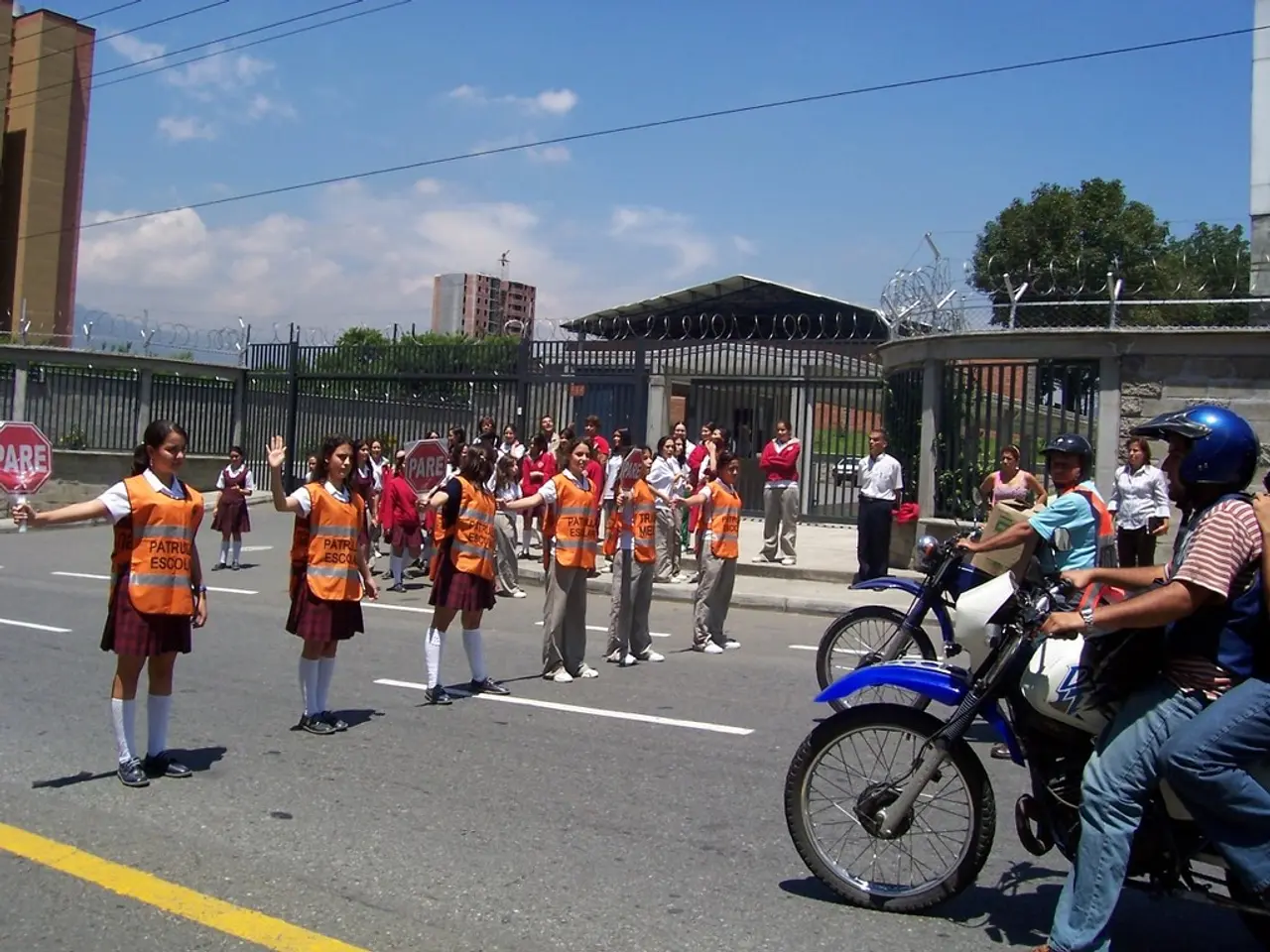Universal Cultural Competence Education: Transforming Services, Policymaking, and Society
Enhanced Cultural Understanding Boosts Cultural Proficiency for Improved Services and Policies Making
Let's dive into the necessity of widespread cultural competence education for service providers, policymakers, and the overall populace. This educational pursuit underpins inclusiveness, effective services, and a harmonious, resilient society by fostering mutual understanding, empathy, and fair decision-making.
Unpacking Culture
Culture is a shared cocktail of practices, values, and norms that define collective human interactions and lifestyles. Every individual weaves through a cultural context, whether they identify with the dominant or minor cultural groups. Often, those steeped in a "normal" or mainstream culture might overlook their cultural identity's impact on their behaviors and perceptions. Recognizing and appreciating these multifaceted cultural backgrounds is key to constructing inclusive environments.
Cultural Competence Education in Action
- Healthcare Education Programs: Cultural Health provides a wealth of free e-learning opportunities for healthcare professionals. These programs concentrate on culturally and linguistically sensitive care approaches, enabling providers to cater to their diverse patient pool effectively.
- Educational Initiatives: Culturally Responsive Teaching empowers educators to tap into their students' cultural backgrounds as instructional tools, boosting student engagement and academic success. This approach nurtures an inclusive learning atmosphere where students feel heard and affirmed.
- Cross-Cultural Workshops: Cultural Immersion Workshops typically involve activities like role-playing and cultural functions that cultivate empathy and comprehension among participants. They are invaluable for helping individuals view situations through various lenses and gain first-hand knowledge of diverse cultural dynamics.
The Role of Cultural Competence in Human Evolution
- Social Harmony: Cultural competence minimizes cultural misunderstandings and conflicts among different groups, forging a more cohesive world. Such unity buttresses resilient communities capable of addressing global challenges cooperatively.
- Equitable Decision-Making: By educating policymakers in cultural competence, we champion just and inclusive policies that cater to diverse populations' needs. This grants us effective governance and social stability—seedbeds for long-term human survival.
- Global Collaboration: In our interconnected world, cultural competence is pivotal for international cooperation and diplomacy. It empowers nations to engage productively on global issues like climate change, economic development, and peacekeeping, critical for human survival in a complex, interconnected realm.
Bringing Cultural Competence Education to Life
To successfully implement cultural competence education:
- In-depth Needs Assessment: Thorough evaluation of the specific cultural challenges faced by service providers, policymakers and tailoring training programs accordingly.
- Inclusive Curriculum: Develop curricula that mirror diverse cultural viewpoints and experiences, ensuring the education remains impactful and relevant for all participants.
- Regular Review: Frequent assessments of cultural competence programs' effectiveness, with necessary adjustments to maintain timeliness and impact.
By committing to cultural competence education, we cultivate a more inclusive and equitable environment where people from diverse cultural backgrounds feel validated and supported. This concerted effort promotes global understanding and cooperation, ultimately contributing to the resilience and survival of humankind.
As you embrace this vital educational journey, remember to approach it with curiosity, empathy, and an open mind. Let this mission connect us, transcending the barriers that divide us.
Additional Insights:
- Improved Outcomes: In education, cultural competence elevates academic accomplishments by fostering an atmosphere of inclusivity that fuels student engagement and contentment among diverse pupils[1][3]. In healthcare, it catalyzes better patient care and communication, bolstering health outcomes for varied patient cohorts[4].
- Enhanced Collaboration: Cultural competence fuels cross-cultural collaboration in both education and healthcare, enabling professionals to collaborate efficiently with diverse groups[2][4].
- Policy Effectiveness: In the policymaking sphere, cultural competence ensures that policies acknowledge the needs of diverse communities, leading to effective and inclusive policies.
- The Campinha-Bacote Model: This model underscores awareness, knowledge, skills, encounters, and desires to guide healthcare professionals in providing culturally competent care[4].
- Study Abroad Programs: Such programs help future healthcare providers cultivate sensitivity to diverse cultures by imbuing them with direct experiences of various cultures[4].
- Cultural Immersion: Training healthcare professionals through cultural immersion magnifies their capacity to interact effectively with patients from diverse backgrounds[4].
- Culturally Responsive Teaching: Educators should adopt teaching styles that respond to their students' cultural backgrounds[1][2].
- Family and Community Engagement: Engaging with diverse families and communities contributes to crafting inclusive learning environments[1].
- SEL Integration: Integrating social-emotional learning with cultural competence nurtures students' ability to form healthy relationships and make responsible choices[5].
- Diverse Stakeholder Engagement: Policymakers should engage with diverse stakeholders to understand the cultural sensitivities in their policies.[1]
- Cultural Impact Assessments: Policymakers must carry out cultural impact assessments to perceive the potential impact of new policies on various cultural groups[1].
- Training for Policymakers: Offering cultural competence training to policymakers increases their competence in crafting inclusive and effective policies[1].
- In the pursuit of personal growth and self-development, one can enrich their understanding of diverse cultures through cross-cultural workshops that promote empathy and comprehension, aiding in survival in our interconnected world.
- Effective policymaking that fosters social harmony and equitable decision-making is crucial for education-and-self-development, as it underpins the creation of supportive environments that nurture the survival and success of individuals from various cultural backgrounds.




